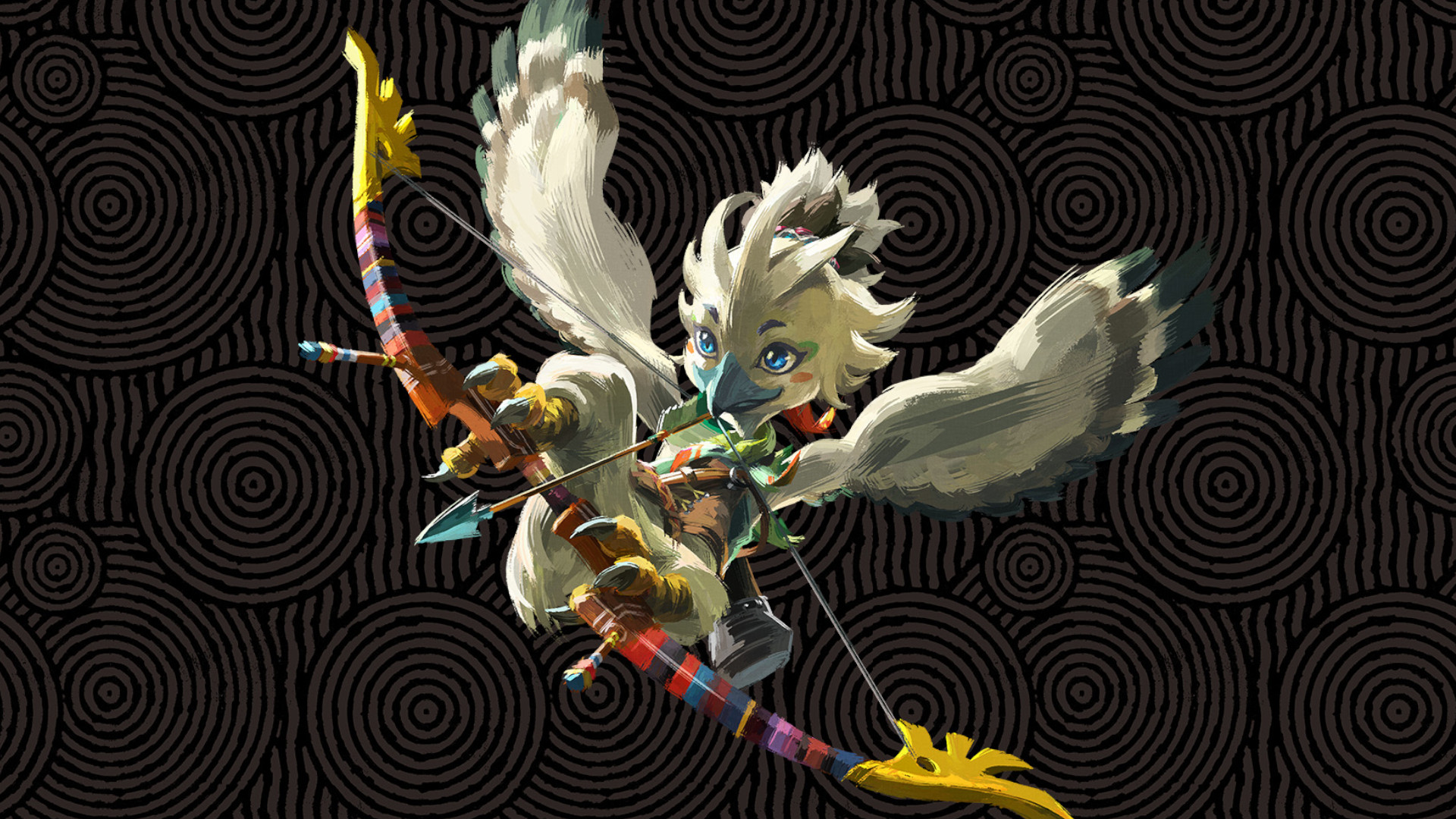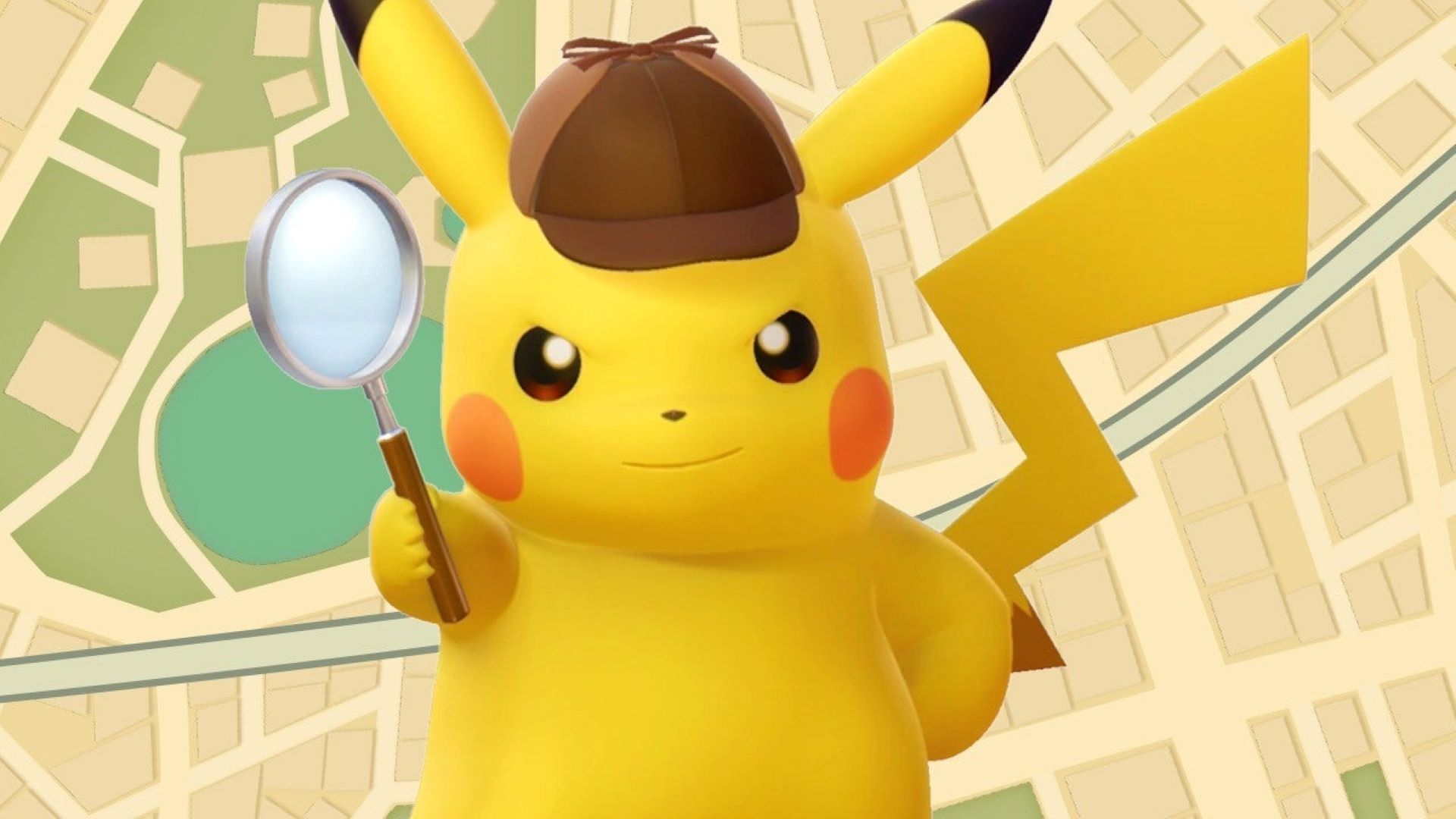
It criticizes Yuzu designers for allowing this claimed piracy, and furthermore calls out the emulator’s authorities Discord for having “implemented a ban on discussing Zelda: TotK emulation in Yuzu’s Discord server because so many Yuzu users were trying to seek support emulating it.”
Yuzu job lead Bunnei is called a number of times in the grievance, which really feels particularly appropriate because Bunnei has actually openly rejected lawful concerns around emulation in the past. Speaking with PC Gamer on the heels of Tears of the Kingdom’s leakage and launch, in a quote that Nintendo in fact skewers in its grievance as proof that Yuzu devs understood points like the Tears of the Kingdom pirate gold thrill, Bunnei stated:
“We only begin working on emulating new titles once we can legally acquire and dump them ourselves. Since Nintendo Switch releases are region-based, we become legally able to work on them as soon as the title becomes available somewhere in the world. Most issues with TotK in Yuzu (thus far) have been fixed with minor changes that were quick to debug and easy to resolve. I think the fact that the community was able to solve many of these challenges with mods well ahead of us is evidence to that.”
I presume Bunnei, various other Yuzu devs, and certainly all emulation followers will certainly disagree with Nintendo’s negative meaning of emulators, after that, which is right on top of the record: “A piece of software that allows users to unlawfully play pirated video games that were published only for a specific console on a general-purpose computing device.”
Amusingly, Nintendo additionally says that “law-abiding Nintendo customers” were “forced to avoid social media to prevent seeing spoilers and preserve their surprise and delight for the actual game release” as an outcome of the Tears of the Kingdom leakage.

The 41-page grievance sets out, in painstaking information, just how Switch games are encrypted and just how Yuzu presumably navigates this style. In one flow, Nintendo chews out Yuzu’s quickstart guide, which checks out: “To start playing commercial games, Yuzu needs a couple of system files from a HACKABLE Nintendo Switch console in order to play them properly” (focus Yuzu’s). As you can possibly picture, Nintendo does not like this line significantly.
Altogether, Nintendo’s attorneys appear to mainly acquire the decryption techniques orbiting Yuzu as opposed to the emulator itself. It freely mentions that “Nintendo is not aware of any source of decrypted Nintendo Switch game ROMs,” and Yuzu’s come to be the prime target in its quest to close down ROM circumvention. Nintendo calls the entire point “unlawful” concerning a million times, and packages in the “other unlawful devices and software” Yuzu suggests for emulation, particularly TegraRcmGUI, bootloader Hekate, Lockpick_RCM, NXDumpTool, and others – once again, all defined in the Yuzu quickstart overview. Nintendo’s additionally placing the manufacturers of Yuzu on blast for proceeding unmitigated in spite of “knowledge of the infringements.”
Through this civil activity – a significant difference for the objective and extent of the instance – Nintendo is looking for “equitable relief and damages” on the premises of copyright and DMCA infractions, in addition to circumvention of technical actions (or TPMs) and unapproved recreation of jobs. Again, Bunnei is called below: “Defendant’s agents, such as Bunnei, admit to dumping Nintendo games they have lawfully purchased and copying the game ROMs into Yuzu,” Nintendo cases.
Importantly, Nintendo is additionally promoting an irreversible order that would certainly see Yuzu et alia stop whatever Nintendo’s slammed – which is to claim, primarily running in any way – and also move the Yuzu-emu domain to Nintendo’s control. Similar costs have actually failed in the past, and several reliable emulation protectors have actually usually related to Nintendo’s disagreement below as rather weak, however the instance continues to be up in the air.
On comparable premises relating to cryptographic secrets, Nintendo had emulator Dolphin struck from Steam in 2014. However, as Dolphin stated in a blog site post at the time, “Nintendo has not taken any legal action against Dolphin Emulator or Valve,” however instead pressed to stop Dolphin from launching on Steam, once again mentioning DMCA reasons.
“We do not believe that Dolphin is in any legal danger,” stated Dolphin’s drivers, that remain to deal with the emulator and simply lately shared an update that together discusses a number of Zelda titles. “We can look to the end of the message Valve forwarded to us to show this. After all of the scary language, Nintendo made no demands and made only a single request to Valve.”
Nintendo is taking lawsuit versus a Pokemon duplicate, however it ain’t Palworld.
Source: gamesradar.com

